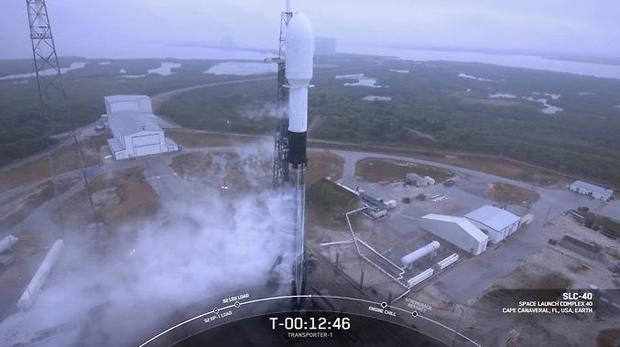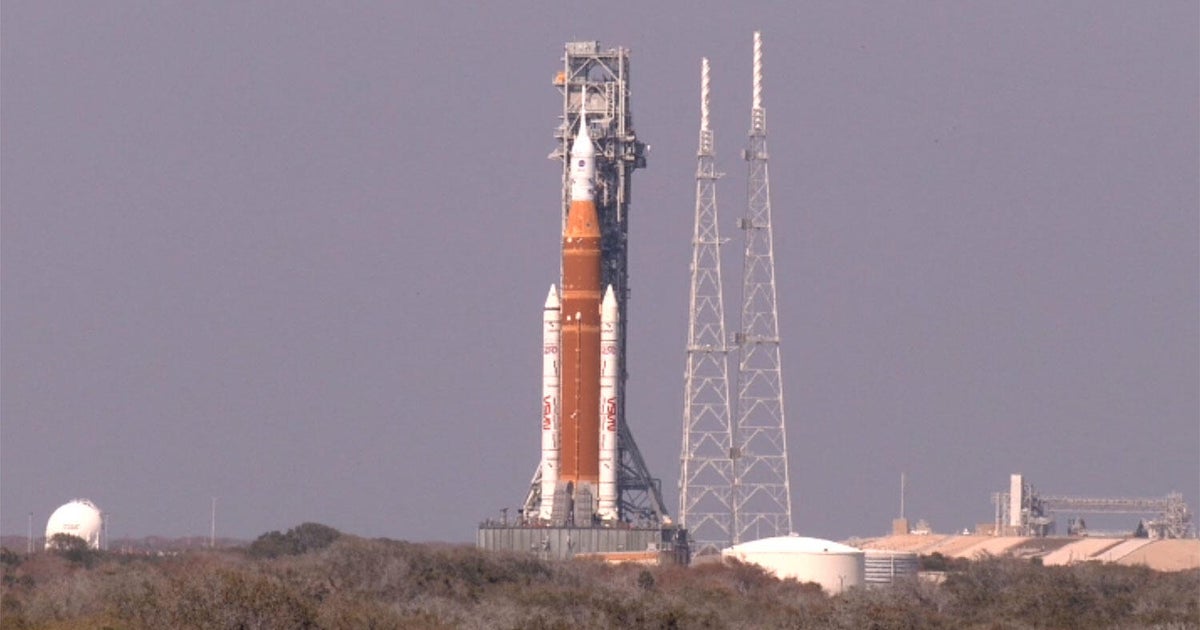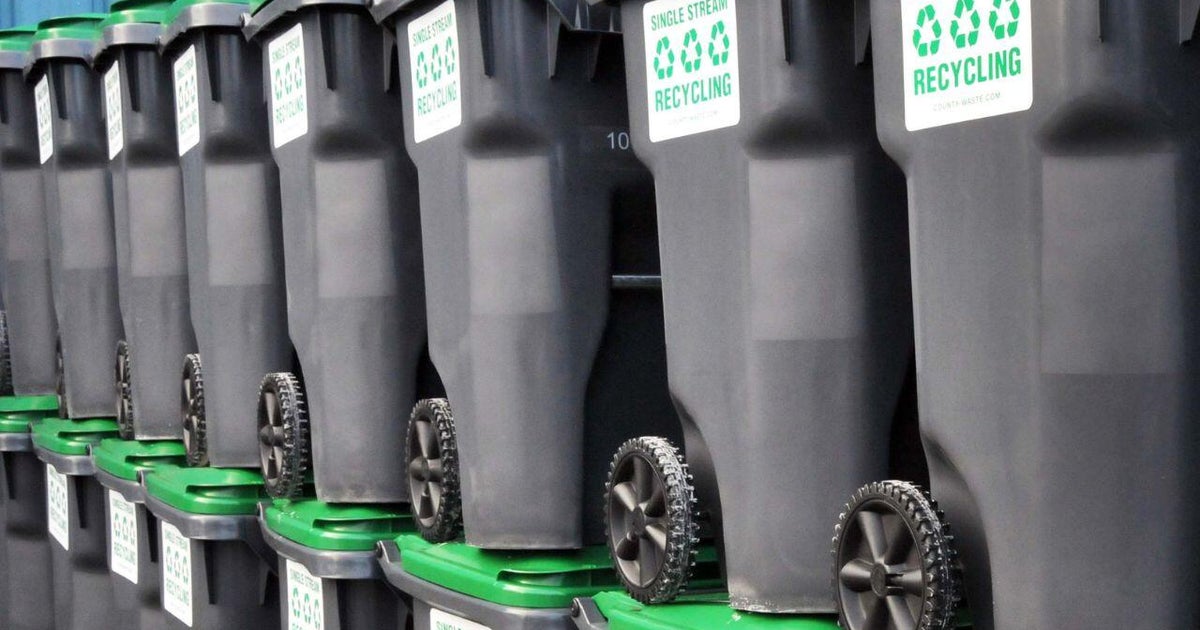SpaceX Falcon 9 rocket with 143 satellites grounded by weather
Bad weather forced SpaceX to call off plans for launching a record 143 small satellites aboard a Falcon 9 rocket Saturday.
The team was told to recycle for another attempt Sunday at 10 a.m. EST when forecasters predicted a 70% chance of acceptable conditions.
The scores of satellites atop the Falcon 9 are the most ever scheduled for launch by a single rocket, eclipsing the previous 104-satellite mark set by India's Polar Satellite Launch Vehicle in February 2017.
The mission, known as Transporter 1, is SpaceX's first dedicated rideshare flight in a program intended to provide low-cost access to space for small satellites operators that otherwise might have problems hitching rides aboard rockets carrying larger, higher-priority satellites.
"Excited about offering low-cost access to orbit for small companies!" SpaceX founder Elon Musk tweeted Friday.
SpaceX charges a relatively low $1 million to launch a 440-pound satellite and $5,000 for every 2.2 pounds above that base level. The company says Transporter missions will be carried out every four months or so as required.
The Transporter 1 flight highlights an on-going debate in the aerospace community about the need for revamped regulations governing space traffic management as more and more small satellite populate low-Earth orbit. Among the concerns: the threat of collisions that could generate clouds of debris and pose threats to other spacecraft.
"Given the recent increase in non-traditional commercial space operations, including satellite servicing, space tourism and the deployment of large numbers of satellites to provide worldwide internet access, updates to the existing roles and responsibilities may be appropriate," NASA's Aerospace Safety Advisory Panel wrote in a recent report.
"As things stand today, there are no clear lines of authority for directing coherence among the many entities that operate in space."




